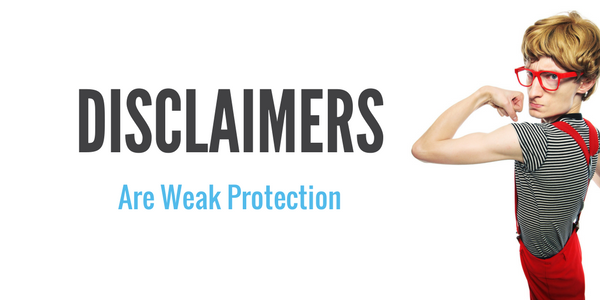
The tragic murder of JonBenet Ramsey in December 1996 remains one of the most sensational unsolved crimes in recent American consciousness. CBS cultivated that interest with a retrospective docu-series, The Case Of: JonBenet Ramsey, on the 20th anniversary of the crime. While the ratings were high, the broadcaster was immediately hit with a $750 million defamation lawsuit from Burke Ramsey.
The lawsuit, as reported by CNN’s Money, contends that the CBS special falsely accused Burke Ramsey (the victim’s older brother, and 9 years old at the time) of murdering his sister.
While we wait for the case to wend its way through the complicated and drawn-out legal process, there’s opportunity for filmmakers to recognize the exposure they may create. Even when documenting the opinions of others, and when issuing a disclaimer, films that cover controversial material are open for defamation lawsuits.
Facts vs. Opinions in Defamation
Variety goes into detail on the legal merits of the case, especially on how the lawsuit may hinge on whether the show reported facts or opinions.
Where defamation is concerned, personal opinion is protected (or privileged). Indeed, the Reporters’ Committee for Freedom of the Press details how media often shield reports by presenting information as opinion, “rank speculation, surmise or hyperbole.”
Jezebel provides an example of how the analysts in The Case Of: JonBenet Ramsey couched their statements as opinion. Says one, “Out of anger, he [Burke Ramsey] may have struck her with that flashlight. I think we all agree on that.”
However, CBS may incur liability for defamation if they intentionally misled the audience to reach a conclusion. As a Variety expert puts it, “Burke Ramsey claims…the intentional omission and avoidance of truthful information about the murder of his sister. If he can prove that, the defendants would be liable for defamation.”
Claiming defamation because an omission created a false impression is also at the heart of a case against Katie Couric’s Under the Gun.
Defamation and the Disclaimer
CBS has filed a motion to dismiss the case. According to The Denver Post, this motion includes on its first page a screen grab from the show’s disclaimer, which reads:
“The opinions and conclusions of the investigators who appear on this program about how it may have occurred represent just some of a number of possible scenarios. John Ramsey and Burke Ramsey have denied any involvement in the crime, including in recent televised interviews. We encourage viewers to reach their own conclusions.”
The purpose of this and all such similar disclaimers is to literally disavow making a claim of fact. However, the Variety expert says that opinions don’t require a disclaimer (since they are opinions and not claims of fact). He goes on: “A disclaimer does not insulate a defendant from liability for knowingly or recklessly publishing false facts.”
Protection from Defamation for Filmmakers
Filmmakers covering controversial topics or the lives of real people (living or dead) will naturally assume some level of exposure. How much risk they incur depends on the details.
Some ways filmmakers can avoid defamation liability include…
- Being honest with subjects up front.
- Proving the truth.
- Acting without malice.
- Having a bulletproof release form.
Even with all these steps, the best protection is knowing exactly what your exposure is from the outset and procuring appropriate E & O Insurance.
A Script Clearance Report from The Clearance Lab provides in-depth, legal analysis of your project to find exposure to defamation lawsuits (as well as copyright infringement, trademark infringement, and more). Having a script clearance report is also generally required before you can get insurance.
Knowledge is power. Put your film in a powerful legal position from the start with a Script Clearance Report today.

